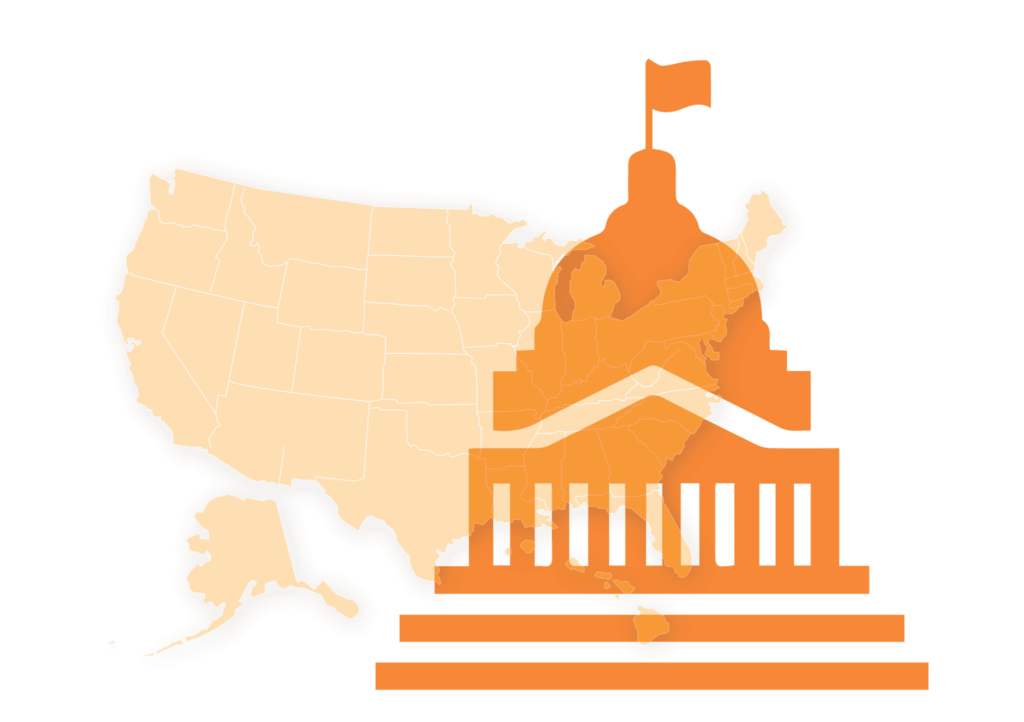Dear Director Nash,
On behalf of The Education Trust, an organization dedicated to closing long-standing opportunity gaps that separate students from low-income backgrounds and students of color from their peers, thank you for the opportunity to comment on the request by the U.S. Department of Education (“the Department”) for comments regarding the Department’s proposed priorities, requirement, definitions, and selection criteria for the Full-Service Community Schools Program (“FSCS program”) authorized under the Every Student Succeeds Act (ESSA).
We appreciate the Department’s intentional focus to ensure the FSCS program supports the implementation of evidence-based community schools’ approaches while also building evidence to support program quality and improvement. As we have noted , too often, efforts to support the social, emotional and academic well-being of students have focused on “fixing” students rather than implementing practices that build relationships and create positive and inviting learning environments. Districts and schools must provide access to integrated wraparound services and supports, and it is critical that these supports be youth and family driven, be individualized, utilize interconnected systems, monitor progress, and be culturally competent. An evidence-based community schools model provides one approach to ensure students have access to these crucial services and supports.
Below, we provide specific feedback on each area of the Notice.
Proposed Priorities
We are supportive of the five proposed priorities and are especially excited to see a focus on supporting various stages of development of FSCS programs in the first three priorities. This will allow the FSCS program to attract a wider array of interest, ensuring there are opportunities for those who have not yet begun this work, as well as those who are in more advanced stages. We are also very supportive of the intent to conduct a national evaluation of the program and will be interested to see more specification on the types of analyses the evaluator will conduct and the research questions grantees will ask, with a special interest in how this evaluation will address issues of equity.
In Priority 5, we are supportive of efforts to ensure the designs in FSCS programs are high quality, and we agree that evidence-based integrated student support models are a critical component of those efforts. However, given there are other important components to ensure FSCS programs are high quality, as outlined in the proposed definition for the “pillars of full-service community schools,” we recommend broadening this fifth priority to include efforts from existing community schools to strengthen their practices in the other three pillars as well. In addition, we recommend amending this proposed priority to limit applicants to using interventions or practices that have strong evidence or moderate evidence (Tiers 1 and 2 of ESSA) because the schools applying for this program will be further along in developing their FSCS programs and should be expected to be improving their efforts in one of these pillars.
For example, Priority 5 could be modified to read: “Projects that propose adoption of an evidence-based model to address at least one of the four pillars of full-service community schools in their implementation at one or more of the following tiers: Moderate evidence, or Strong evidence.”
Proposed Application Requirement
We are glad to see the inclusion of the four pillars of FSCS programs in the proposed application requirement. These pillars are evidence-based, and FSCS programs must thoughtfully address each pillar in their design to help ensure successful implementation of a model that is likely to improve student outcomes.
Proposed Definitions
We are generally supportive of the proposed definitions. We recommend adding language where relevant to require applicants to intentionally include racially diverse and marginalized families in active family and community engagement. Additionally, we suggest the Department modify the language to better reflect family engagement as a two-way, mutually beneficial partnership that values the assets of families and communities and works to minimize power dynamics between schools and communities. Specifically, we recommend amending the language in section (C)(i) and (C)(iii) of the proposed definition of “Pillars of Full-Service Community Schools” as follows:
“(C) Active family and community engagement that—
(i) Brings Connects parents and families of students at the community school and in the community into with the school as partners in students’ education, including meaningfully involving parents and families in the community school’s decision-making processes;
(iii) Provides adults with desired educational opportunities, as well as opportunities to contribute to the school community using their unique assets, networks, and skills;”
Additionally, we recommend amending the definition of “broadly representative consortium,” as follows:
“Broadly representative consortium means stakeholders representing broad groups of people working together for the best interest of children; such stakeholders may include, but are not limited to schools, nonprofits, government, philanthropy, and the business community. Additionally, stakeholders should represent the populations within their communities, with a specific focus on racially diverse and traditionally marginalized families.”
Proposed Selection Criteria
We are supportive of the proposed selection criteria, but recommend adding language regarding efforts to intentionally include racially diverse and traditionally marginalized families as part of selection criteria (b) to read as follows:
“(b) The extent to which the applicant will ensure that a diversity of perspectives is brought to bear in the design and operation of the proposed project, including those of racially diverse families, traditionally marginalized families, educators and staff, beneficiaries, of services, school leadership, and community leadership.”
We are happy to respond to any questions that you may have regarding the contents of this letter; please contact Reid Setzer, Director of Government Affairs. Thank you for your consideration.
Sincerely,
The Education Trust






 November 13, 2023 by
November 13, 2023 by 